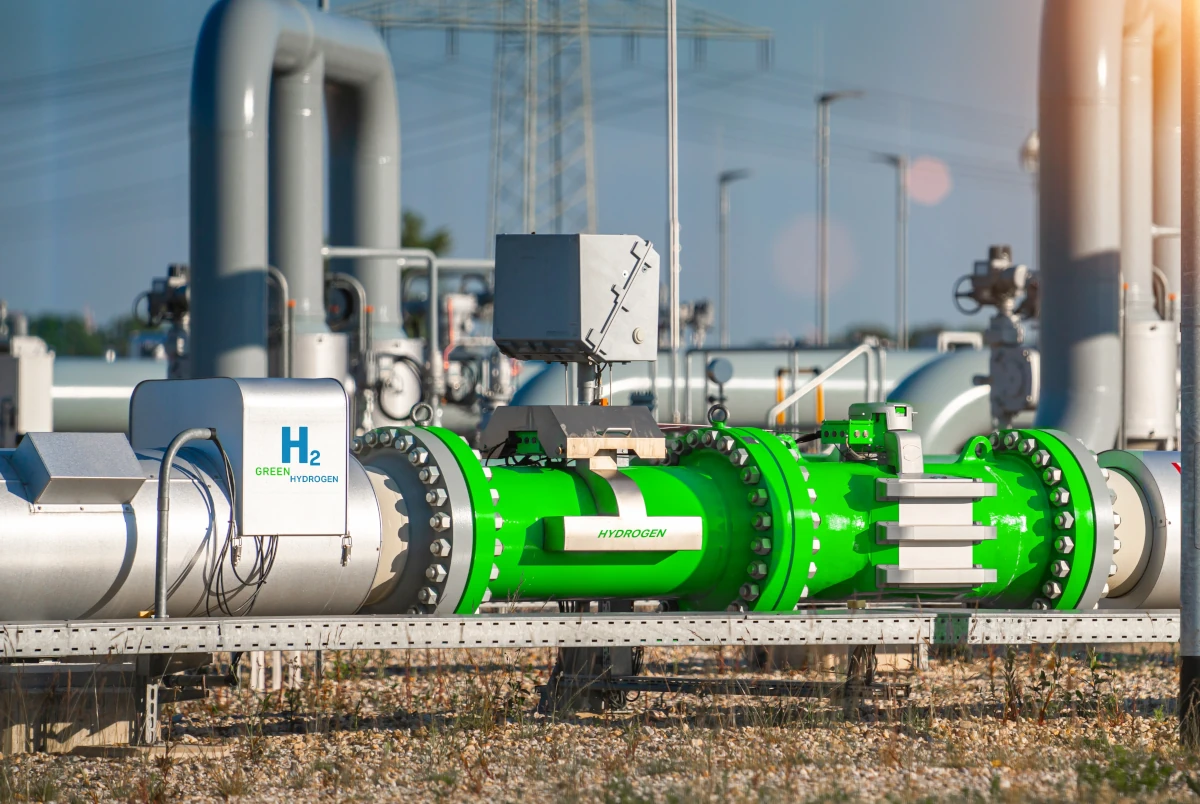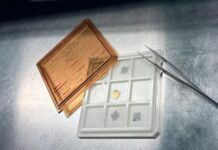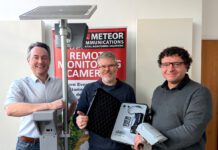
Edinburgh start-up Chromacity shares details of the development of a next-generation optical solution for the detection of contaminants in renewable hydrogen.
While renewable hydrogen is widely acknowledged to play a growing role in decarbonising the economy, challenges remain to control its purity. With supply from diverse sources including green, blue and regasified hydrogen from storage media, users need confidence that the gas they use is of sufficient quality that it will not damage key components such as fuel cells or infrastructure.
Working in partnership with the Herriot Watt University* and Frauhofer UK*, a new solution combining high brightness, coherent Optical Parametric Oscillator (OPO) laser technology from Chromacity, with advanced FTIR spectroscopy techniques, has been shown to offer advantages over current technologies. ISO 14687:2019, which defines thresholds for a wide range of contaminants in hydrogen for fuel cells, is being used to benchmark this exciting development.
Julian Hayes, CEO of Chromacity Ltd commented: “Existing optical solutions for determining the purity of renewable hydrogen either compromise on spectral resolution and detection sensitivity or are overly complex making them expensive which limits deployment. Likewise, the implementation of sensitive gas chromatography techniques is limited because the instrumentation is costly, bulky, and online sampling is challenging.”
He added: “Based on a single light source, our solution removes the complexities of multi-source optical techniques and so lowers the cost of ownership. The broad, tuneable bandwidth of the OPO laser allows many contaminants to be detected, including broad or complex chemical signatures. Our instrument is designed to be used in-line and has been shown to monitor the five key contaminants in the renewable hydrogen production process (as detailed in ISO 14687) in real time”.
Mr Hayes concluded “Having been successfully tested in the lab on representative gas samples, the next stage of developing the system is to enable users to use live real-time data to drive optimisation of the production process.”
For further information contact Chromacity on +44-131-449-4308, or email sales@chromacitylasers.com.
*This development project received investment from Scottish Government Emerging Energy Technologies Fund (EETF) – see https://www.gov.scot/publications/emerging-energy-technologies-fund-hydrogen-innovation-scheme-successful-projects/







